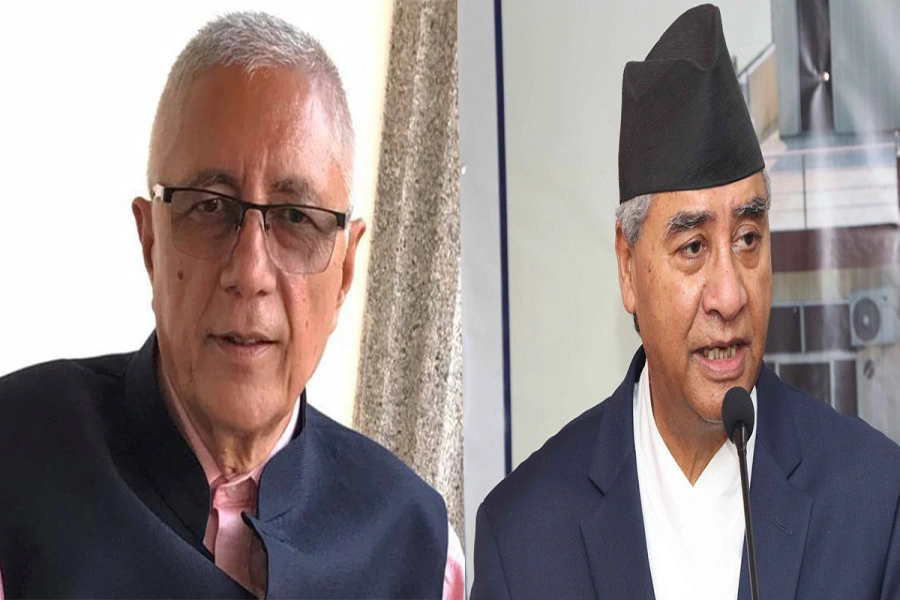KATHMANDU, Oct 9: The government has formed a high-level commission to study and suggest the overall reform of Nepal’s economy.
According to the government’s spokesperson and Minister for Communications and Information Prithvi Subba Gurung, the Cabinet meeting on Monday decided to form a five member commission for this purpose. The commission is led by Former Finance Secretary Rameshwar Khanal. Member of the National Planning Commission Prakash Kumar Shrestha, Head of Department of Economics in TU Ram Prasad Gyawali, Economist Bishwas Gauchan, and Senior Researcher at Policy Research Institute Kalpana Khanal are among the members of the commission.
Minister Gurung said the commission has been mandated to carry out in-depth research about the economy and to come up with suggestions. The commission is expected to hold discussions with stakeholders from various fields in order to recommend the government with necessary policies to help drive the economy as per the changing time.
Economic reform commission advises govt to rescind various outd...

The private sector has long been demanding the government to form a high-level commission to take forward the second-phase of economic reform. The government through the budget also announced to take necessary steps in this regard. Likewise, the Ministry of Finance in its 100-day work plan has also talked about forming a High Level Economic Sector Reform Recommendation Commission.
The government enforced the first-phase economic reform program during the early 1990s. The liberalization policy adopted deregulation along with private sector-friendly measures. Although the discussions on the second-phase program were started about 20 years ago, the government has failed to materialize it till date.
The newly formed commission will be recommending the government on necessary amendments on overall legal provisions to be made for the second-phase reform program. Similarly, it will also carry out studies on the necessary mechanisms to be introduced for the effective working of the concerned ministries. The amendment in laws necessary for the liberal economic environment and maintaining good governance at the political financial management will be the areas under study of the commission.
The government has initiated economic reform at a time when the country is reeling under economic slowdown caused by a heavy fall in aggregate demand. Although the external economic indicators including remittance inflow and foreign currency reserves are on a positive side, the majority of the internal indicators are not encouraging. The negative side of the government finance including low revenue collection, surging public expenditure and soaring public debt have been major challenges of the government at present.
According to analysts, the government now has to focus on easing complexities in bureaucratic procedures, employment generation, duplications in legal compliances and use of advanced technologies in systemic working as a part of economic reform measures.






































